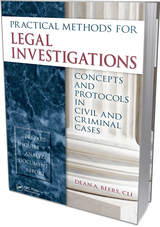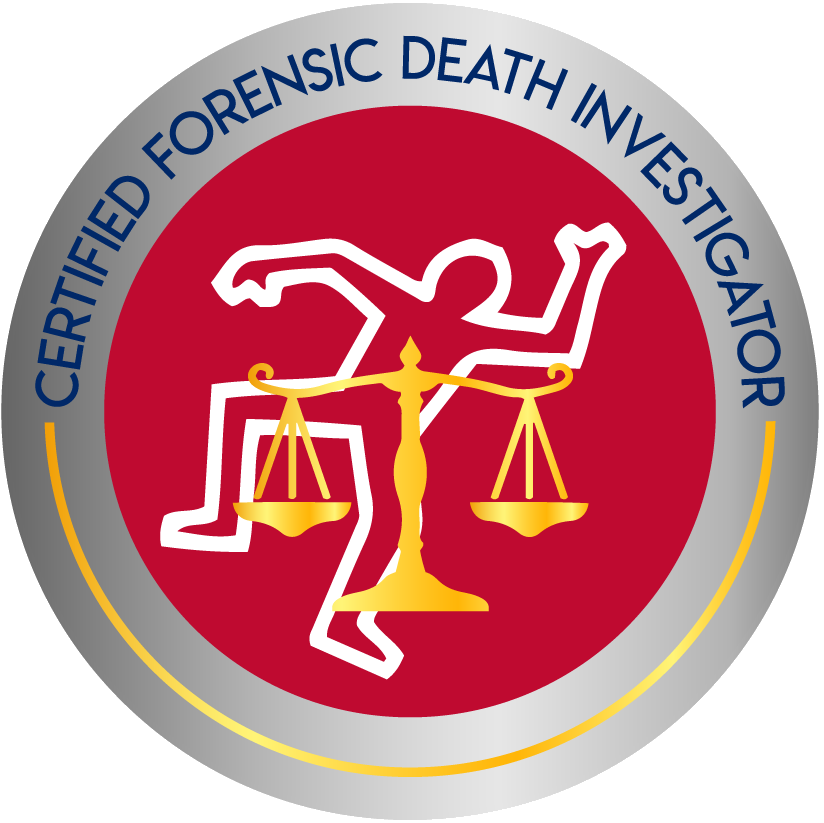
Last month we shared some insight into the first step of Dean’s developed professional investigative protocol – Prepare – at www.DeathCaseReview.com/afi-llc-blog/fact-finding-investigations-prepare. This month we will talk about the step most jump to – Inquire. This is simply the investigative process, and may include witness interviews, detailed analysis of records, reports, and photographs, research, etc. It’s a smooth transition from Prepare and is focused on getting down to the facts of the case through full inquiry. This is the time to complete background records checks and investigations, contact victims and witnesses, and possible opportunities to expand your investigation.
All professional investigations – from law enforcement to private, and from surveillance to criminal investigations (defense or prosecution) – have core skill sets:
- Research
- Interviews
- Report writing
One common example is locating individuals – which requires all three. If you can conduct individual locates, you can conduct background investigations. If you can do both of those, you can do assets and liabilities investigations. These are not only important skill sets, they are fundamental skill sets – which give the ability to conduct basic and fundamental investigations.
In Dean’s book, ‘Practical Methods for Legal Investigations: Concepts and Protocols in Civil and Criminal Cases’ – (www.PracticalMethodsForLegalInvestigations.com) the process of legal investigation, including conducting these types of investigations, is Prepare, Inquire, Analyze, Document, and Report.
The investigative process is dynamic. It changes with new information from all the various sources and inquiries. Within your given parameters and priorities, follow the process…expand your investigation! This is accomplished with canvassing the neighborhoods and businesses for witnesses, mapping and obtaining data for security/surveillance cameras, obtaining weather reports and warnings, road conditions, and history of incident area. These important steps will aid in confirming what is in the reviewed reports and what witnesses report. Check the unusual---quiet neighbor, urgent care clinics, food banks, homeless shelters, and delivery drivers.
Often the attorney-client will have limited knowledge and resources that are important to legal investigators. For this reason, it is important to make recommendations and requests for additional information (i.e. EMS logs, 911 calls) that may have been overlooked. This information may not be included in discovery, and may have details and other persons to contact, as well as may confirm or dispute other reports and statements. This is an important investigative step to find all of the case facts. Every report or memo submitted will likely provide an opportunity to make recommendations and requests for additional information. Not only is this beneficial to the case at hand, it also conveys integrity, experience and skills – professionalism – to the client.
The stumbling block for new investigators is what areas to focus on and offer their clients. This would depend on experience, preferences, and goals. Following this protocol will expand your skill sets and abilities. This Inquire Protocol is, of course, the key to a complete investigation in fact finding; it is not the only one – it is not the beginning or end.
Not only should a person seek to improve themselves and their investigative skills, they should seek to learn and improve on other skills and areas – adapt. In our 30 years as professional investigators, we have seen many things come and go – from how investigations can be conducted, to what is available due to changing laws and technology. What has never changed are the foundational skills to make full and complete investigations – Inquiry. These are Research, Interviews, and Report writing. Learn how to find people and find out about them. From witnesses to adverse parties – you will always need these skills, and will always be able to expand on them.


